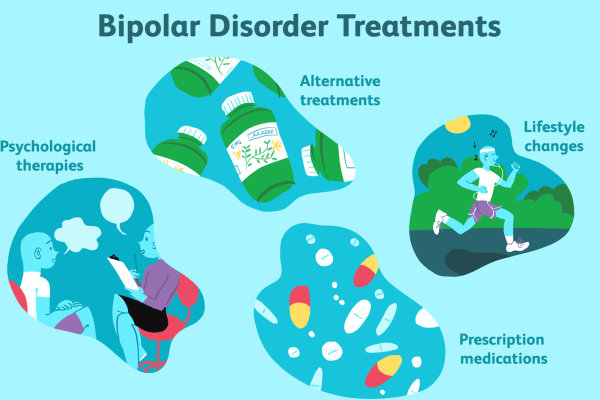In today’s fast-paced world, it’s not always easy to maintain a perfectly balanced diet. Busy schedules, processed foods, and inconsistent eating habits can make it difficult to get all the essential nutrients our bodies need. This is where multivitamins come into play. As one of the most widely used supplements globally, multivitamins are often viewed as a convenient solution to fill nutritional gaps. But do you really need them?
In today’s fast world, to maintain good health, one needs a balanced diet and essential nutrients. Vidasure Soft gelatin capsules filled with Omega-3 fatty acids, Biotin, Ginseng, Green Tea Extract, Ginkgo Biloba, Grape Seeds Extract, Vitamins, Minerals, and Trace Elements are a powerhouse of nutrients for the body and well-being.
Let’s dive into what multivitamins are, their benefits, and how to use them wisely for optimal health.
What Are Multivitamins?
Multivitamins are dietary supplements that contain a combination of vitamins, minerals, and sometimes other ingredients like herbs or amino acids. They are available in various forms, including tablets, capsules, powders, and gummies. A standard multivitamin typically includes essential nutrients such as:
-
Vitamins A, C, D, E, and K
-
B-complex vitamins (B1, B2, B6, B12, niacin, folic acid, etc.)
-
Minerals like calcium, magnesium, zinc, iron, and selenium
Each nutrient plays a specific role in maintaining the body’s normal functions, from supporting immunity to promoting healthy skin, bones, and energy metabolism.
Who Can Benefit from Taking a Multivitamin?
While multivitamins are not a substitute for a healthy diet, they can be beneficial for certain groups, including:
-
People with dietary restrictions (vegetarians, vegans, or those on calorie-restricted diets)
-
Older adults whose nutrient absorption may decrease with age
-
Pregnant or breastfeeding women who require higher levels of certain nutrients
-
Individuals with health conditions that affect nutrient absorption (e.g., digestive disorders)
-
People with busy lifestyles who may not eat balanced meals regularly
Top 5 Benefits of Multivitamins
1. Fills Nutritional Gaps
Even a generally healthy diet may lack certain nutrients. Multivitamins act as a nutritional safety net, ensuring you get the recommended daily intake of essential vitamins and minerals.
2. Supports Immune Health
Vitamins like C, D, and E, along with zinc and selenium, play a vital role in strengthening the immune system and protecting the body against infections.
3. Boosts Energy Levels
B vitamins are crucial for converting food into energy. A deficiency in any of these can lead to fatigue and sluggishness. Multivitamins help support overall vitality.
4. Promotes Healthy Aging
As we age, our nutritional needs change. Multivitamins formulated for seniors often include higher doses of B12, vitamin D, calcium, and antioxidants to support bone, brain, and heart health.
5. Improves Skin, Hair, and Nail Health
Many multivitamins contain biotin, vitamin E, and other nutrients that support cell regeneration, promoting a healthier appearance of skin, hair, and nails.
Choosing the Right Multivitamin
Not all multivitamins are created equal. When selecting one, consider the following:
-
Age and gender: Men and women have different nutritional needs, and age-specific formulas provide appropriate dosages.
-
Dietary needs: Some multivitamins are tailored for vegetarians, athletes, or people with specific health conditions.
-
Quality and dosage: Choose reputable brands that meet quality standards. Avoid megadoses unless recommended by a doctor.
-
Form: If you have trouble swallowing pills, opt for gummies or liquid forms.
Do Multivitamins Have Side Effects?
When taken as directed, multivitamins are generally safe. However, excessive intake of certain nutrients (especially fat-soluble vitamins like A, D, E, and K) can be harmful. Always follow the recommended dosage and consult a healthcare provider before starting any supplement—especially if you have existing medical conditions or are taking medications.
Conclusion
Multivitamins can be a helpful addition to your daily routine, especially if your diet lacks variety or specific nutrients. While they’re not a cure-all, they serve as a convenient way to support overall health and well-being. Remember, supplements work best alongside a balanced diet, regular exercise, and healthy lifestyle habits. If you’re unsure whether you need a multivitamin, a healthcare professional can help you make the right choice for your individual needs.









